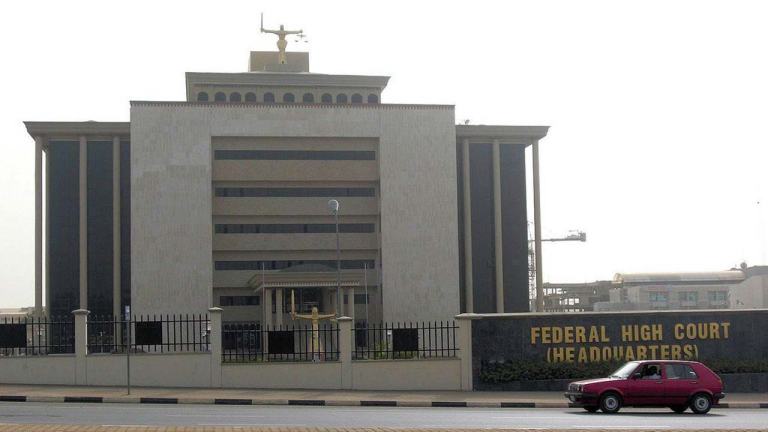The Interior Minister, Mr. Olubunmi Tunji-Ojo, and the Attorney-General of the Federation (AGF), Mr. Lateef Fagbemi, SAN, have urged the Federal High Court in Abuja to dismiss a suit challenging the proposed Expatriate Employment Levy (EEL). The two officials filed separate preliminary objections before Justice Inyang Ekwo, requesting the case be thrown out.
The plaintiff, the Incorporated Trustees of the New Kosol Welfare Initiative, filed the suit against the ministers, accusing them of advancing an “anti-people” policy. However, the ministers argue that the plaintiffs lack the legal standing to bring the case, calling the lawsuit “academic” and lacking any real cause of action.
During a hearing, the plaintiff’s lawyer, Paul Atayi, noted that the suit was originally scheduled for the AGF’s preliminary objection. He also pointed out that the 1st defendant (Tunji-Ojo) had not been properly represented. Justice Ekwo advised Atayi to obtain the necessary documents from the court registry to respond to the objections, setting a new hearing date for May 7.
Tunji-Ojo, in his objection filed on March 14, argued that the plaintiffs failed to show they had the legal right to file the suit, and emphasized that the Expatriate Employment Levy, introduced by the Federal Executive Council in 2023, had not yet been implemented. The levy is designed to regulate foreign employment and encourage local workforce development, with a focus on generating revenue for national projects.
The AGF, similarly, requested the dismissal of the case, asserting that there was no valid legal claim against the ministers. He argued that the plaintiff’s action was premature and speculative, as the policy had been suspended and was not being enforced at the time.
In a twist, the plaintiff’s lawyer argued that the case was of public interest and should be heard in court, citing legal precedents to support their right to challenge the policy. The plaintiff, in a separate motion, sought an injunction to prevent the implementation of the new tax regime, claiming it would have adverse effects on Nigeria’s economy.
The case has garnered significant attention, with both sides awaiting a ruling that could determine the future of the proposed taxation regime.




